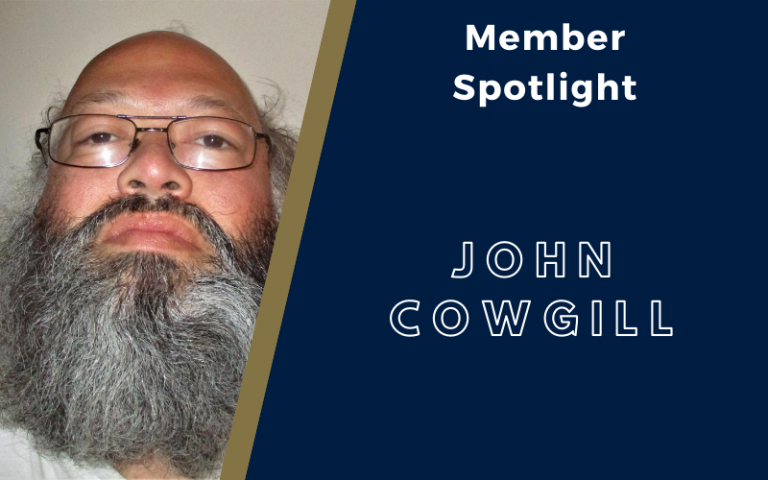Rediscover the Wonder
 By Sarah Hamaker, CCWF president
By Sarah Hamaker, CCWF president
I rushed along, hurrying through my errands and worrying about my ever-lengthening to-do list. I had things to do, places to go, people to see, and it all had to be done right this very minute.
This scenario wasn’t uncommon in my life a few years ago. Like many of us, I packed as much into one day as possible, leaving little wiggle room for stopping to smell the roses or seeing the first robin of spring.
I took little comfort in the fact that I wasn’t alone. Many of us have bought into the notion that to be idle is to be unproductive. We can’t stand to have a “free” moment, so we over-pack our schedules and we stress ourselves to the max by constantly doing, doing, doing. Busyness has become a status symbol many of us wear proudly on our lapels. We’re always rushing around from one task to another. Constantly busy. On the job 24/7.
And in the midst of our extreme busyness, we can forget that being too busy can be a sin. In the Middle Ages, the sin of sloth had two forms: paralysis, or not being able to do anything, and busyness, running around frantically all the time.
When we surround ourselves with too much busyness, we do more than over-extend ourselves—we severely limit our imaginations, which can be deadly to a writer. Being too busy with little downtime to think, to rest, to ponder squelches the wonder that creates our characters, our plots, and our fictional environments.
We should take a page from young kids, who have yet to succumb to the siren call of busyness. They often indulge in the wonder of the moment. The wonder to take a few minutes to watch the worm wiggle across the sidewalk. The wonder to watch the giant excavator scoop up a load of dirt and drop it into a dump truck. The wonder to gaze at the puffy clouds and see a unicorn or dragon. The wonder to lay back on the warm grass and trace the contrail streams left by airplanes high in the sky. The wonder to let a mind drift into that magical realm of what-if that allows children—and adults—to dream the dreams that sometimes change the world.
I’ve tried to create such moments in my own life by deliberately not over-scheduling every minute of every day. Sure, I have plenty of projects, emails, errands, and writing to fill each 24 hours. But I also know that in order to write, I need time to think, to reflect, to ponder the what-ifs. And if I don’t allow myself those breaks to let my mind wander down primrose paths and over mountainous terrain, then when I do sit down to write, the words come much harder—if they come at all.
When I have more free time to contemplate my WIP, I find my writing time richer both in terms of content and word count. I encourage you to set aside time throughout your week to recapture that sense of wonder. In doing so, I think you’ll find yourself a better writer—and a better spouse, parent, and overall human being.






